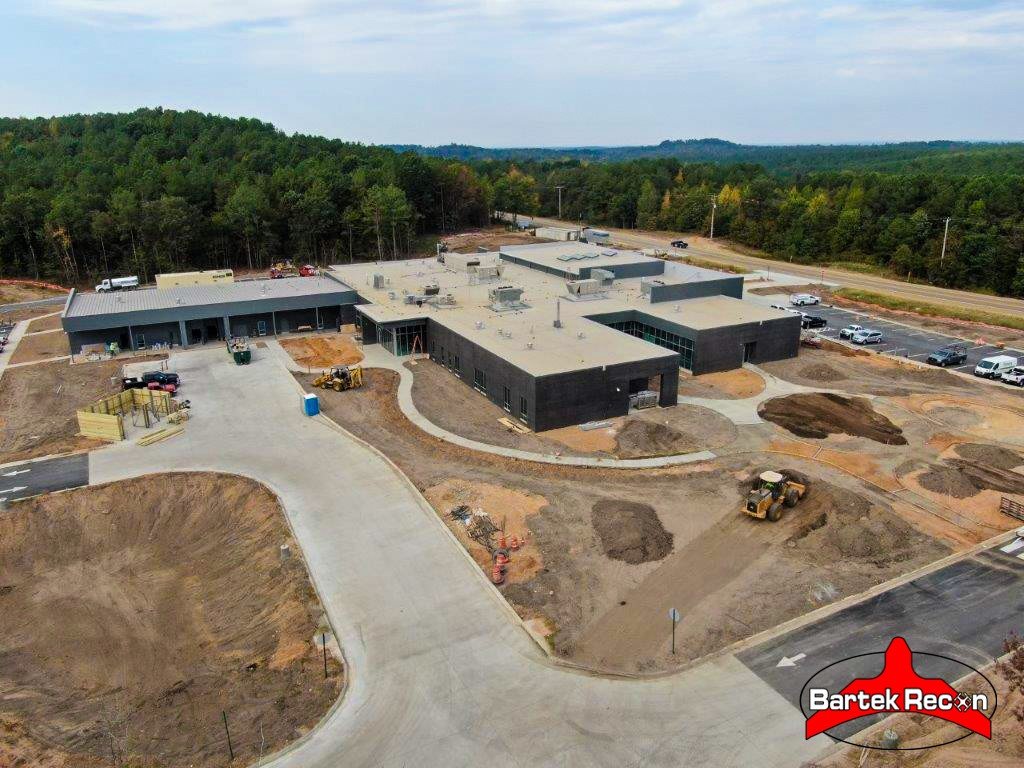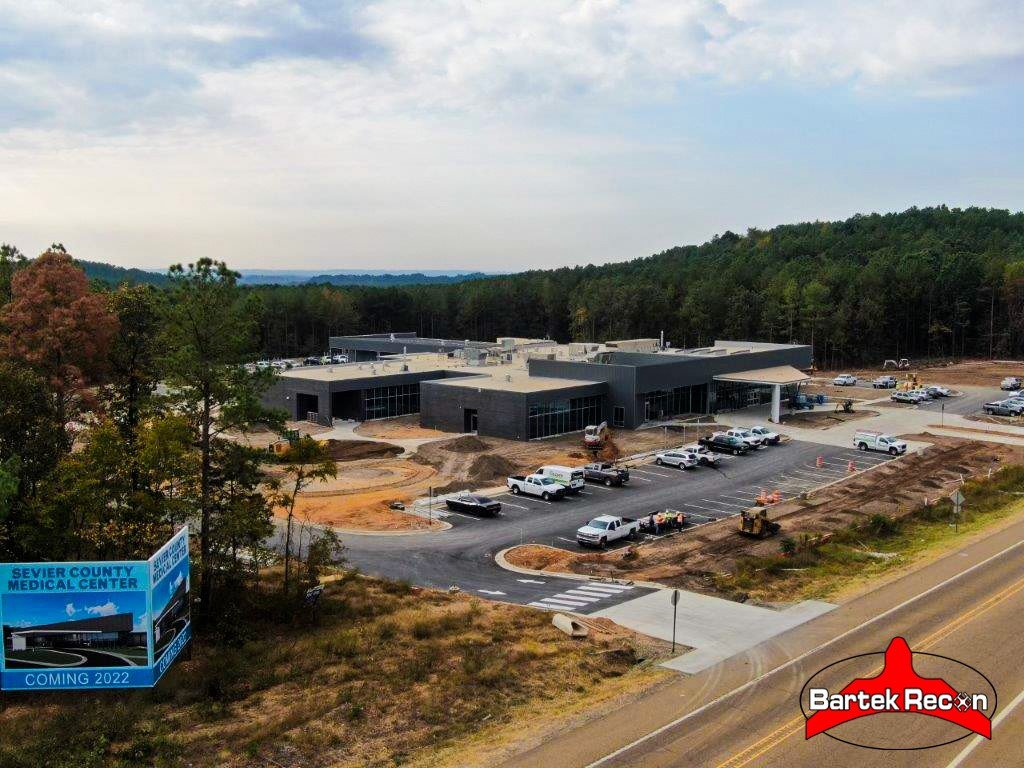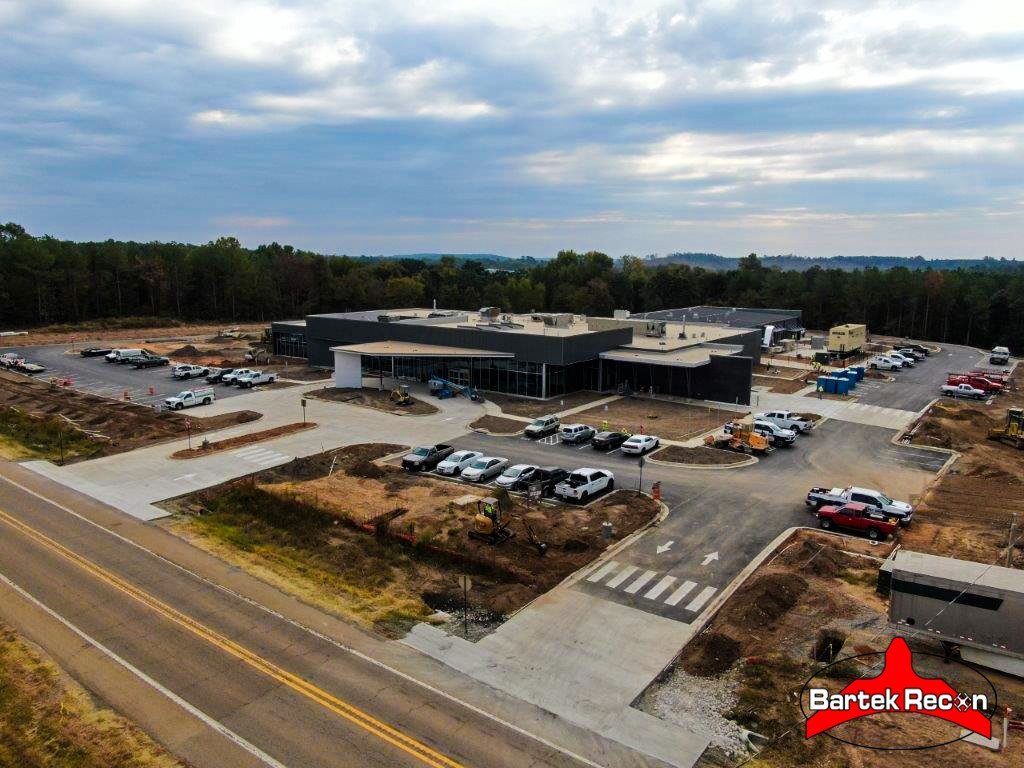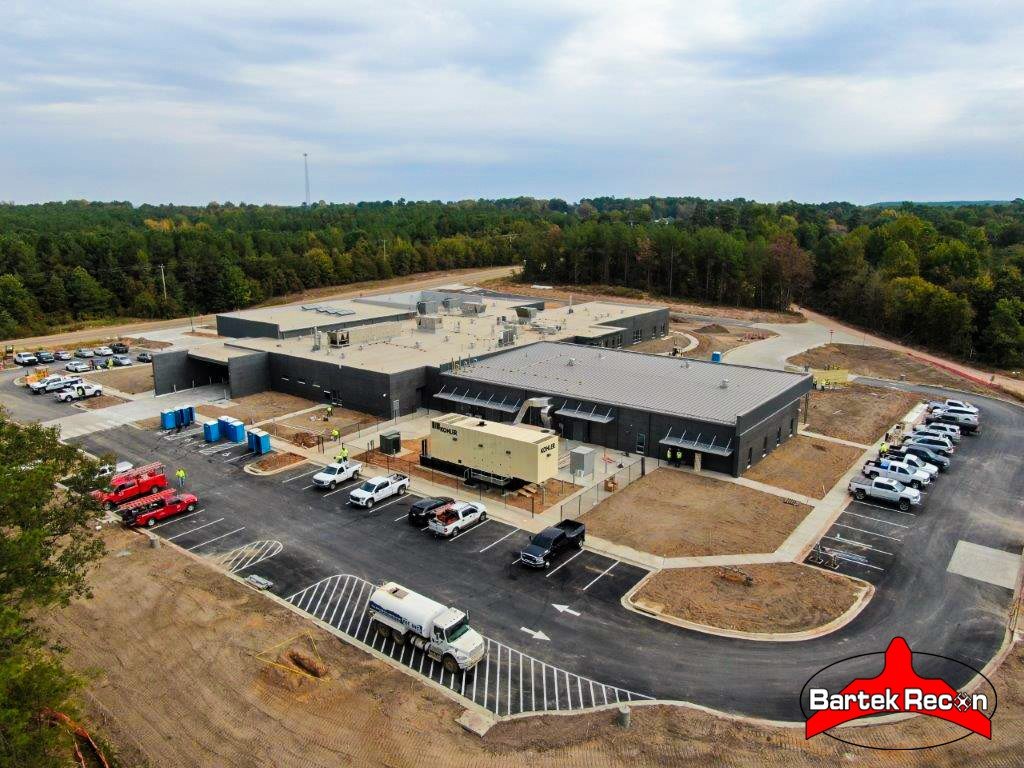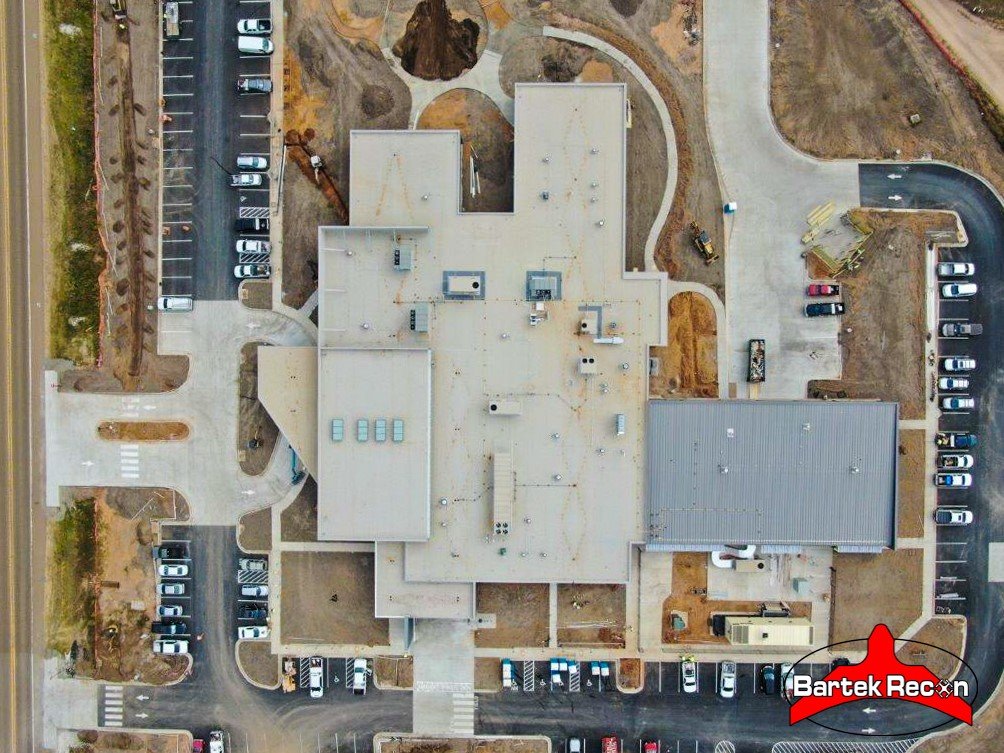AEHC hosted the Country Women’s Council USA and Associated Country Women of the World USA Area conference during the meeting Sept. 19-21. Arkansas EHC is an affiliate of the Country Women’s Council of the United States, which in turn is part of the Associated Country Women of the World, an international organization that focuses on issues impacting rural women. ACWW is the largest international women’s organization, with more than 9 million members in 84 countries.
The Arkansas EHC is a partner of the Cooperative Extension Service, part of the University of Arkansas System Division of Agriculture.
Magdie de Kock, world president of Associated Country Women of the World, spoke at the conference and attends CWC meetings to bring insights back to the international organization.
“We are here as an umbrella organization to give a voice to women, especially rural women of the world,” de Kock said. “We represent them at the United Nations, UNESCO, and other world bodies, where the voices of women need to be heard. We give a global platform to our members.”
De Kock, a native of South Africa, said the organization has a triennial world conference, where members from around the world gather to develop resolutions and policy changes related to issues that impact rural women.
“We have policies on women’s health, education and community development, and domestic issues, like violence against women and children,” de Kock said. “Mainly, it’s about empowering women on different levels and educating them.”
Showcasing the delta
One of the organization’s main projects focuses on climate smart agriculture. During de Kock’s visit to Arkansas, she joined Leigh Ann Bullington, extension Family and Consumer Sciences educator for the Division of Agriculture, in Woodruff County to observe agricultural production and meet local farmers.
“I was happy to be asked to showcase to Magdie the variety of agriculture operations in Woodruff County as example of agricultural practices in eastern Arkansas,” Bullington said. “The producers she met with told me how keenly interested and knowledgeable she was in what they told her about their operations.”
Bullington said de Kock rode in a combine as a field of row rice was harvested and observed how the combine’s computer calculated field data, such as the yield per acre.
“Magdie explained to me that they produce soybeans and maize on their farm in South Africa and she had knowledge of those crops, but she had no idea rice was grown in the United States and that Arkansas led in that production,” Bullington said.
Bullington said de Kock’s visit to Woodruff County is significant to the increasing the visibility of agriculture practices in the state.
“Raising the awareness of agriculture in the Arkansas Delta is always important, and to be able to have a person in the position of Ms. de Kock come experience it firsthand is critical,” she said. “Anytime an ambassador of agriculture has the opportunity to observe the quality of agricultural production, as well as the technology that drives that production, has a positive impact on our state.”
Being in Arkansas, “I feel so much at home, because there’s kindness and openness and generosity,” de Kock said. “And I’m actually impressed to know of all the agricultural aspects that are being covered in Arkansas.
“I’ve read about referring to it being the Natural State … and I can very much see where it comes from,” she said.
Conference draws from 12 states
More than 80 members of CWC societies from 12 states – including Alabama, Florida, Washington, North Dakota, Oregon and Massachusetts – joined AEHC members for three days of meetings, creative skills classes, speakers and tours around Central Arkansas. AEHC members from Cleveland, Crawford, Drew, Jefferson, Mississippi, Montgomery, Lawrence, Pope, Pulaski, Sharp and Yellow Counties attended and hosted the conference.
Darlene Holliday, AEHC secretary, said she enjoys seeing her peers at the organization’s statewide meetings.
“I love coming to the state meetings because I get to see people from all over the state of Arkansas,” Holliday said.
Holliday has been an AEHC member in Montgomery County for 13 years, during which she’s served as the club’s county president and as the organization’s district director.
“I just love extension homemakers,” she said. “I’m starting my 13th year, and I know who I can call when I need something done, and they’ve never turned me down.”
Debbie Thompson, AEHC president, joined her local club in Pope County in 2003. She said she enjoys teaching homemaking skills that have often been lost over time.
“I like the fact that we are able to teach others and help people in the community learn different homemaking skills, skills that sometimes they’ve lost through generations,” Thompson said. “In today’s society, everybody works. And when you work outside the home, we still encourage membership as homemakers, because they’re still making a home.”
Over the three-day conference, CWC members heard from a variety of speakers, including the founders of Hope Found of Northeast Arkansas, which works to end human trafficking and help survivors; Rusty Rumley, senior staff attorney with the National Agricultural Law Center; and Wes Ward, Arkansas secretary of agriculture.
The Arkansas Extension Homemakers Council is one of the largest volunteer organizations in the state. With a statewide membership of more than 3,200 people in over 320 clubs, AEHC provides informal education in Family and Consumer Sciences skills, as well as leadership development and opportunities for community service. In 2021, AEHC members volunteered over 705,000 hours with an estimated dollar value of over $16 million.
For more information about Arkansas Extension Homemakers Council, visit the EHC website. To learn more about Associated Country Women of the World, visit the ACWW website.
To learn about extension programs in Arkansas, contact your local Cooperative Extension Service agent or visit www.uaex.uada.edu. Follow us on Twitter and Instagram at @AR_Extension. To learn more about Division of Agriculture research, visit the Arkansas Agricultural Experiment Station website: https://aaes.uada.edu. Follow on Twitter at @ArkAgResearch. To learn more about the Division of Agriculture, visit https://uada.edu/. Follow us on Twitter at @AgInArk.








